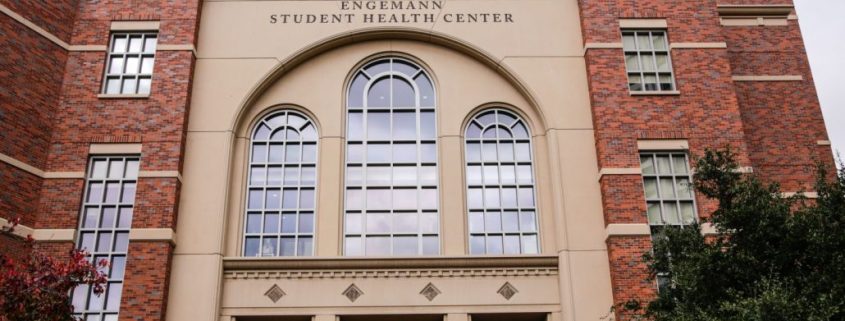USG hosts town hall on mental health, wellbeing

(Daily Trojan file photo)
Mental health is a community issue. That’s what staff members told an audience of 10 students at an Undergraduate Student Government town hall for mental health and well-being Thursday evening.
USG Vice President Mahin Tahsin, who moderated the event, said hosting more town halls is one of the USG administration’s goals this year, since that is one of the vice presidential responsibilities in the USG bylaws.
Kelly Greco, USC Student Health’s assistant director of outreach and prevention services, began the event by discussing some mental health resources the University currently offers, including anonymous counseling services and the Healthy Minds survey, which will be taken again in the spring.
After polling 4,560 students, the 2018 survey reported that 45% of USC students had positive mental health, including a top rate of 50% for straight women and a low rate of 32% for LGBTQ+ students. By race and ethnicity, 62% of Black students reported having positive mental health while only 36% of international students did so.
Ilene Rosenstein, associate vice provost for campus wellbeing and education, presented a video about a new artificial intelligence tool dubbed “Ask Ari,” which will launch Nov. 1 as a tool for students to “reflect on the issues that they’re having.” It includes an interactive chat service for students to discuss their emotional well-being and learn about campus support resources.
Counseling and Mental Health Director Broderick Leaks said the University is also building an outpatient clinic at the Engemann Student Health Center for longer term mental health care. He said the clinic will have a soft opening by the end of the semester and will be fully operational in 2021.
One student said she and others have experienced frustration with the 30-minute phone consultation that students are required to take part in before scheduling an appointment. She said the system often requires students to go through the process twice, and another student added that online or in-person consultations would be helpful for students with social anxiety.
“The reason why we switched to that model was because years ago … we had so much demand and so many students seeking services that students were waiting a month before they even talked to us the first time,” Leaks responded.
Leaks said that under the new system, most students can schedule appointments within a few days.
“We are looking at different ways of doing that,” Leaks said. “I know some of the feedback that we get is very frustrating … so we are definitely looking at shifts to our model.”
Julia Kuhn, a sophomore majoring in health promotion and disease prevention, said she wished the event had been more of a discussion instead of a presentation. She said she found the presentation to be vague and wished the explanations of the University’s mental health services had been “more thorough.”
“I feel a lot of times they said, ‘We’re working on them,’ very vaguely, but not really going into detail [about] what it meant,” Kuhn said.

